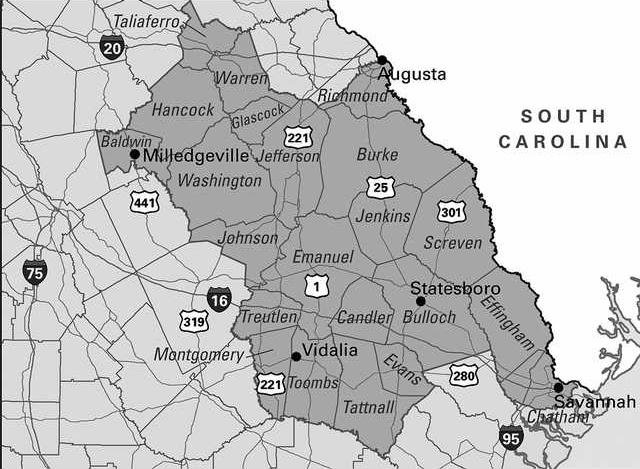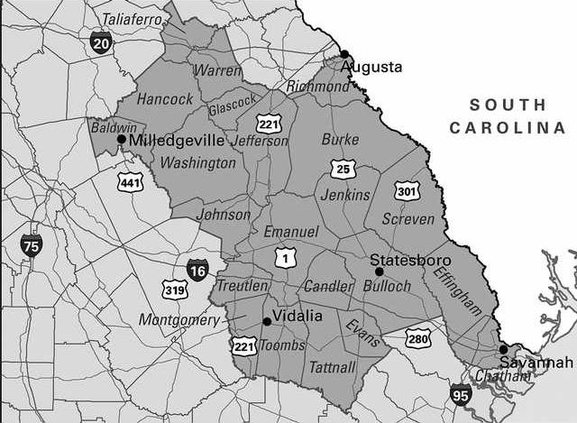According to the U.S. Department of Labor, more than 20 percent of eligible wage and salary workers in this country belonged to a labor union in 1983. By 2008, that number had dropped to 12.4 percent.
Why? Because those who comprise the nation’s working class understand that organized labor is not good for them, for the nation’s economy, nor for the country.
The average worker in this country can see that organized labor is a detriment to good business practices. If American industry is going to compete at a global level, it cannot be shackled by unreasonable demands from union bosses, unrealistic collective bargaining agreements, and the inflexibility that comes from trying to operate within the operational structure of a union shop.
You don’t need a degree in economics to understand the negative impact labor unions have in the nation’s workplace. American workers do, indeed, understand, which explains why union membership has taken a nosedive over the past quarter century.
Desperate to retain any semblance of clout, the nation’s labor unions now are pushing Congress to pass the Employee Free Choice Act (EFCA), legislation which would help unions to regain lost ground in the nation’s business world by allowing them to use strong-arm tactics to establish union shops where they do not now exist.
Under current law, before a union can be established, a vote of employees within the workplace must be held. That vote is conducted just like our national elections, with a secret ballot and with no one knowing how each employee votes. The secret ballot concept is so intricately woven into our nation’s heritage as to be a cornerstone upon which our republic rests.
If the nation’s labor unions are successful in getting Congress to pass EFCA, the right to participate in a union election by secret ballot could be lost. Instead, union organizers will be able to openly solicit signatures on a petition card, and if a majority of employees sign the card, a union will be established — no campaign and no ballot necessary.
Without the protection of secret ballot voting, union organizers can and will openly pressure and harass employees to sign petition cards because everyone will know who did, and who didn’t vote for the union.
That concept is simply un-American. The unions want to take away from American workers the basic right to a secret ballot election on union representation. That is both wrong and economically dangerous.
Unfortunately not everyone is bothered by the idea that secret ballot elections on union representation may become a thing of the past in the American workplace.
Congressman John Barrow, who represents many of our Southeast Georgia communities, thinks it’s a good idea.
Forget the nation’s financial woes, the jobs being lost, the weakening of our position in the global economic picture. Barrow is concerned that workers aren’t being treated fairly by their bosses, and is willing to give almost unlimited power to union organizers to change things. Where unfair treatment of workers exist, there are scores of state and federal laws and regulations — including the vast resources of the Federal Equal Employment Opportunity Commission (EEOC), the state and federal wage and hour resources, and countless other agencies — to deal with these issues.
Turning the workplace over to the unlimited power of union organizers as Barrow proposes is both unnecessary and will be destructive to businesses in Southeast Georgia.
Consider this quote given by Barrow to the Effingham Herald: “Part of the problem is that there are so many abuses on management’s side that this is the remedy some folks have come up with as a way of avoiding those problems.”
Barrow takes a most disingenuous approach in defending his position, noting that workers would only have the right to waive a secret ballot election if they choose to do so. But the same pressure tactics that make the petition cards a dangerous concept also come into play in the decision to waive a confidential vote.
“If you know what you want to do and you want to avoid the abuses and pressures from both sides that come from a prolonged and protracted campaign, I think you should have the right to waive your right, if you want to, so long as you don’t waive somebody else’s right. It allows a majority of employees, acting individually, to decide an election before the campaign, ” Barrow said.
Barrow misses the point that it is impossible to “waive your right … as long as you don’t waive somebody else’s right.” His comments make no more sense than his position on the issue.
Barrow’s stance is that employees shouldn’t have to be bothered with an honest campaign where both sides present their positions, but rather should just listen to the union organizers and then sign petition cards in front of witnesses. He admits that he likes the idea of deciding a union election without a campaign.
One supposes he would love to be able to return to office without having to campaign as well. We hope that isn’t the case. We hope his constituents will be so outraged by Barrow’s support for EFCA that they will encourage vocal opposition to the congressman’s re-election bid through blogs, letters, e-mails and personal conversations. His is a bad position on a vitally important issue.
While Georgia is staunchly an anti-union state and the vast majority of its residents are content with that status, Barrow seems oblivious to his constituents’ beliefs on the issue. To understand why, you need look no farther than his campaign disclosure reports, where union donations to his last campaign are abundant and substantial.
Just a cursory glance at financial disclosure reports from his last campaign show the congressman had more than two dozen easily identifiable union groups contributing thousands and thousands of dollars to his political war chest.
It would seem the constituency that matters most to the congressman from Georgia’s 12th District is that of the union bosses and organizers to whom he is in political debt, rather than the average south Georgian who is proud of the chance to do an honest day’s work for a fair wage.
If Barrow is willing to sacrifice a concept as central to the American way of life as the secret ballot in exchange for financial support of his political campaigns, what principled position can his constituents expect him to take on any issue of importance to the people he represents?
That is the question voters in the 12th District must ask themselves as they prepare for next year’s congressional election.








